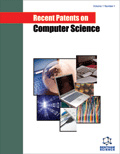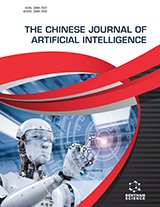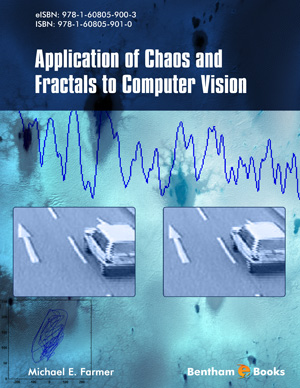Abstract
Smart Grid is defined as an intelligent electrical distribution system that offers bi-directional energy, which flows from producers to consumers, intending to optimize use to reduce costs and improve the performance of the electricity network, which requires a balance between generators, operators, and system distributors, providing benefits , including reduced power losses, lower costs, and better measurement of consumption with better control, enabling a reduction in carbon emissions. With sensors installed in the electrical networks sending data related to energy consumption directly from the consumer unit, they enable more effective and efficient network planning. Besides, the network is designed to reduce the occurrence and duration of power outages as much as possible. In it, electromechanical consumption meters are replaced by digital smart meters, representing a true revolution in energy supply, meaning that the Smart Grid is a system that automates not only the monitoring but the entire management of electricity use. This chapter contributes to the discussion and overview of Smart Grids, their applications in the current era, as well as categorizing and synthesizing the technology's potential.
Keywords: Bi-directional energy, Data analysis, Intelligent electrical, IoT, Sensors, Smart architecture, Smart cities, Smart grid.






















